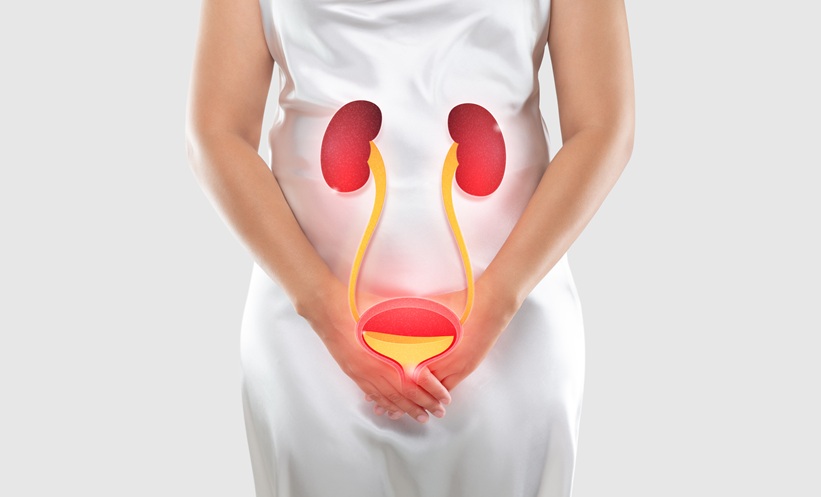A NEW retrospective study from Peking University Third Hospital offers early insights into the outcomes of percutaneous kidney-sparing surgery (PCKSS) for the treatment of upper tract urothelial carcinoma (UTUC), suggesting the technique may provide an effective, minimally invasive alternative to radical surgery for carefully selected patients.
Study Explores Outcomes of Percutaneous Kidney-Sparing Surgery
The analysis reviewed 16 consecutive cases of UTUC treated with PCKSS between July 2015 and December 2023. All procedures were performed by the same surgeon and discussed within a multidisciplinary team, ensuring consistency in surgical decision-making and technique.
PCKSS, which aims to remove tumours while preserving renal function, was successfully completed in all 16 patients. Three individuals presented with multifocal disease. The median operative time was 150 minutes (range 75–216), and median intraoperative blood loss was 150 mL (20–800). Postoperative recovery was comparatively swift, with patients spending an average of 7.2 days in hospital.
Pathology results revealed that 11 of the 16 cases involved high-grade urothelial carcinoma, while 10 tumours were staged as pTa, indicating non-invasive papillary disease. Over a median follow-up period of 22 months (2–93), seven patients experienced disease recurrence, and two died from tumour-related causes.
Early Evidence Supports Expanding Minimally Invasive Options
Although these findings highlight the feasibility of PCKSS and its potential to avoid the substantial morbidity associated with radical nephroureterectomy, the authors stress the need for careful patient selection. The relatively high recurrence rate demonstrates the importance of rigorous postoperative surveillance, particularly in patients with high-grade tumours.
The study provides one of the few detailed clinical evaluations of PCKSS for UTUC, a disease typically managed with radical surgery despite its significant impact on renal function and overall quality of life. As interest grows in kidney-sparing approaches, especially for low-risk, non-invasive disease, these early data contribute valuable real-world evidence.
Call for Larger Studies to Define Long-Term Outcomes
However, the authors caution that larger, prospective studies are needed to better define long-term oncological outcomes and to refine criteria for identifying patients most likely to benefit from this technique.
Reference
Tang S et al. Clinical analysis of percutaneous kidney-sparing surgery for upper tract urothelial carcinoma. BMC Urol. 2025; doi: 10.1186/s12894-025-01980-8







